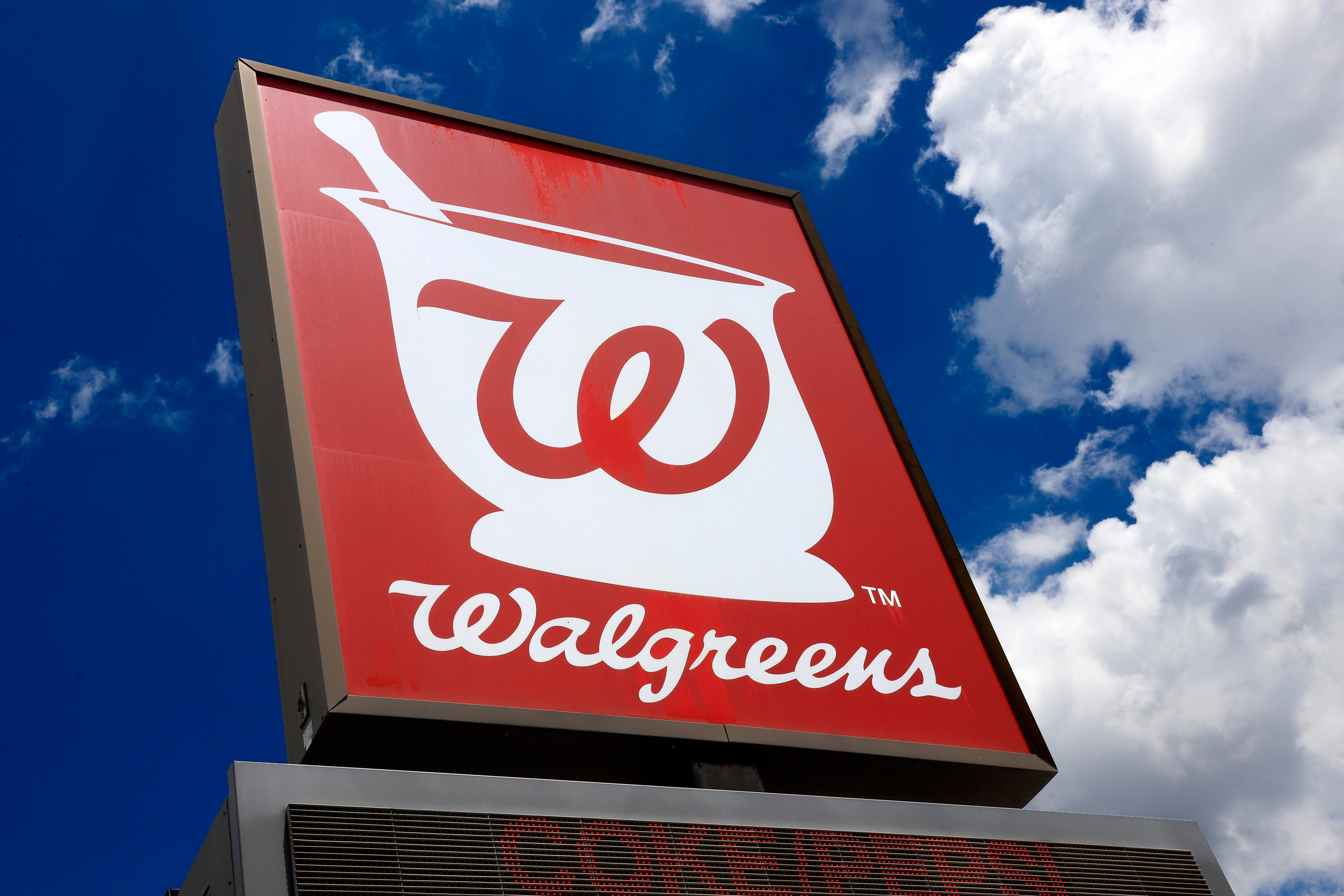Pharmacists prescribe another round of US protests to highlight working conditions
Drugstore employees around the country have started calling in sick to highlight a lack of support from their employers

Drugstore workers around the country started calling in sick Monday to highlight a lack of support from their employers, protest organizers said.
The extent and impact of the demonstration, which is planned until Wednesday, were not clear as of Monday afternoon.
Pharmacists and technicians for dozens of drugstores had called in sick as of midday, said Lannie Duong, a pharmacist who is helping to organize the protest. She said organizers estimate that “at least hundreds” of pharmacists and technicians — mostly for Walgreens and other big retailers like CVS Health — were involved.
Pharmacists say they have been dealing with difficult working conditions for years. Those problems worsened during the COVID-19 pandemic, when stores saw waves of people seeking tests, vaccines and treatments.
Walgreens spokesman Fraser Engerman said Monday afternoon that the company had to close three of its nearly 9,000 U.S. locations “due to workforce disruptions.”
CVS Health spokeswoman Amy Thibault said the company was not seeing “any unusual activity regarding unplanned pharmacy closures or pharmacist walkouts.”
This week’s protests followed a similar demonstration earlier this month that also targeted Walgreens and one last month involving CVS locations in the Kansas City area.
The retail pharmacists are not looking for more pay or vacation time, although they would support better wages for the technicians, said Duong, a California clinical pharmacist. She said the protest is more about giving employees the ability to do their jobs safely.
Pharmacists and technicians fill prescriptions, answer customer calls about drug shortages, work the drive-thru window and provide a growing amount of care and health counseling.
Pharmacists in many stores now help people quit smoking and monitor their blood sugar. Many also test and treat for the flu, COVID-19 and strep throat.
Then there’s vaccines. Many shots are administered year-round, but each fall drugstores see a wave of people seeking protection against the flu and COVID-19. This year, there’s also a new shot for people ages 60 and older for a virus called RSV.
Administering a lot of vaccines leaves less time to check and fill prescriptions, said Shane Jerominski, a former Walgreens and CVS pharmacist who helped organize this week’s protest.
He said companies often prompt pharmacists to ask people about their vaccine needs at the cash register.
“Pharmacists and technicians are being put in positions like the perfume salesman at every mall,” said Jerominski, who now works at an independent drugstore in California. “You’re trying to upsell with everyone who comes in.”
Drugstore representatives say they are listening to employees' concerns. Thibault said CVS Health is working to give its pharmacies room to schedule more staff. It also is trying to improve pharmacist and technician recruiting and hiring.
Walgreens has opened 11 processing centers around the country that aim to fill regular prescriptions for chronic medications and take some workload off store pharmacists.
Engerman also noted that the company has removed performance-based metrics for its pharmacists.
Ultimately, retail pharmacies need more staffing to avoid creating dangerous working conditions that lead to medication errors, Duong said.
“There’s no way around that,” she said.
___
The Associated Press Health and Science Department receives support from the Howard Hughes Medical Institute’s Science and Educational Media Group. The AP is solely responsible for all content.
Bookmark popover
Removed from bookmarks